Infant Safe Sleep PARENTING RESOURCES Ending Tobacco Use Ending commercial tobacco use in the home...
Read More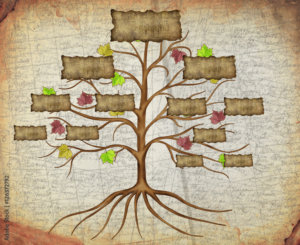
American Indian Cancer Linkage Registry
Information to support tribal communities, health centers and Governments.


Maternal & Childhood Programs » Page 2
Gikinawaabi was designed to ground early learning activities in our traditional lifeways. The skills needed for early reading, math, and language are all inherent in our culture. In today’s world, we recognize the importance that children’s experience in school has on the rest of their life. We also recognize connecting children to their lifeways and language also helps them throughout their lives. The content of Gikinawaabi targets specific school readiness skills by utilizing the innate richness of our Anishinaabe way of life.

Maternal & Childhood Programs » Page 2
The Federal Family First Prevention Services Act (FFPSA) was enacted to turn the focus of the current child welfare system toward keeping children safely with their families to avoid the trauma that results when children are placed in out-of-home care. In Michigan, one of th eways this will be achieved is through expanding effective home visitation services for families encountering the child welfare system and to support families to prevent them from encountering the child welfare system. Only evidence-based programs listed on the Title IV-E Clearinghouse are eligible for FFPSA funding. Parents as Teachers, Healthy Families America, Nurse Family Partnership, and Family Spirit (listed on the FFPSA Clearinghouse as a Promising Program) are the eligible models for expansion. Communities were chosen based on data and community needs.
The goal of this initiative is to increase the participating in home visiting to decrease the need for families to encounter the child welfare system and to support families with involvement in the child welfare system to decrease child abuse and neglect and children entering the foster care system. The Family Spirit/FFPSA program will ensure culturally appropriate services are provided to our tribal families meeting the criteria listed above.
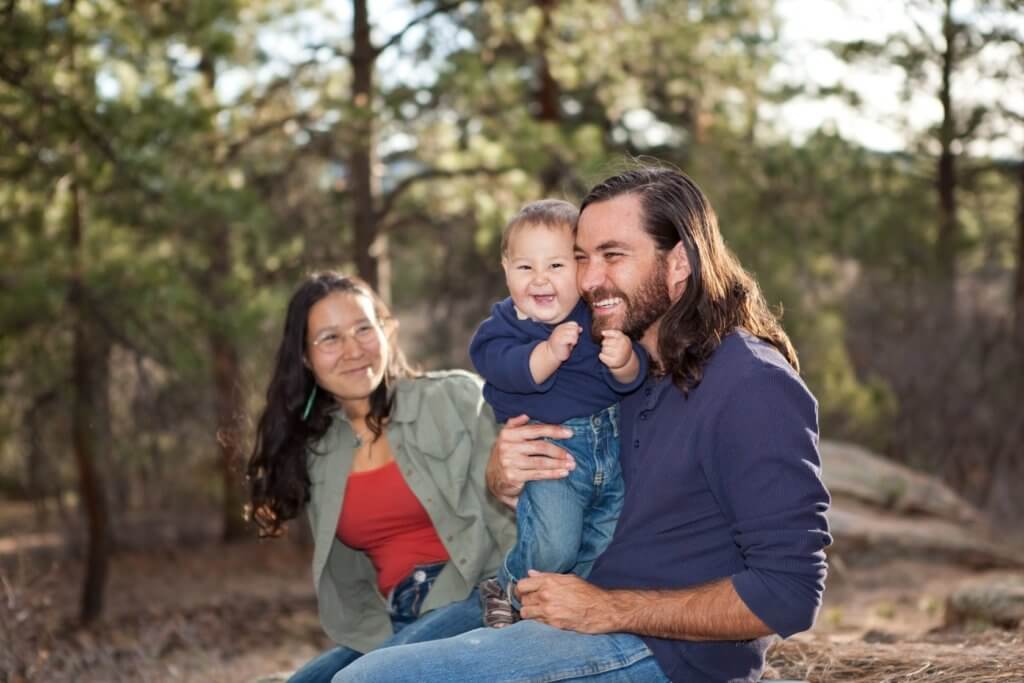
Tribes participating in the Federal Family First Prevention Services Act are:
Family Spirit Leads with Culture
Family Spirit: Home Visiting services in Michigan
More information coming soon.
Shentele Apps
FFPSA/Family Spirit Program Manager
shentele.apps@itcmi.org
906-632-6896 x.111
The Cancer Prevention and Control programs address cancer disparities in tribal communities by providing technical support for primary prevention, early detection, and survivor needs .

Information to support tribal communities, health centers and Governments.



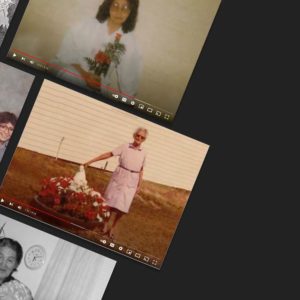
What are digital stories? The Inter-Tribal Council of Michigan (ITC), Anishnaabek Healing Circle…

What are digital stories? The Inter-Tribal Council of Michigan (ITC), Anishnaabek Healing Circle…

The ITCM’s past REACH US project was a national, multilevel program that served as…

What are digital stories? The Inter-Tribal Council of Michigan (ITC), Anishnaabek Healing Circle…
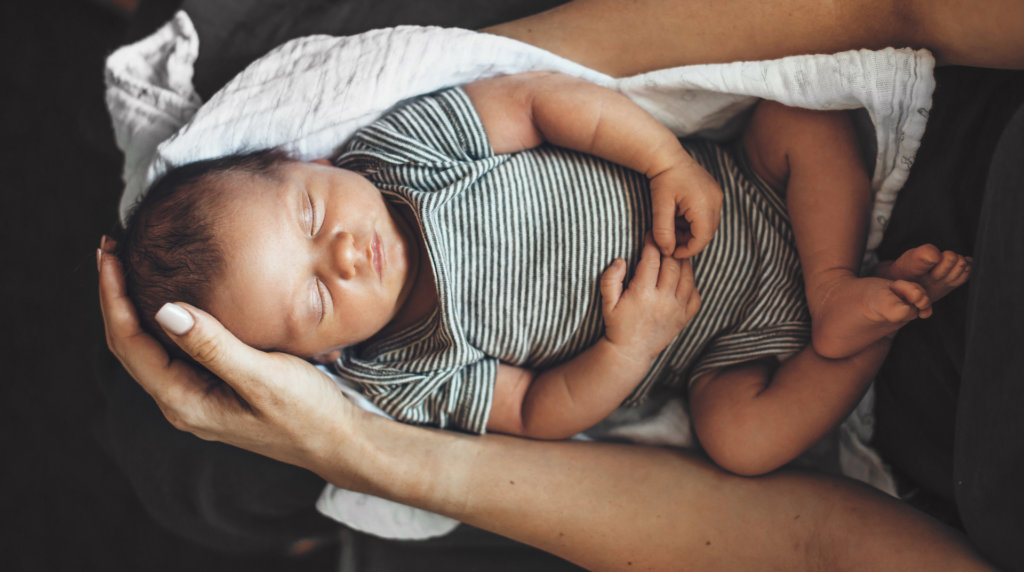
Welcome to our Infant Safe Sleep Resource site. We have a number of resources to help parents, providers, and tribal home visitors to follow safe sleep guidelines. This website is intended to be a resource guide for our tribal community to honor our newborn babies and prevent sudden unexpected infant deaths. Explore the links above to learn more about what you can do to be sure every baby reaches their first birthday.
The Inter-Tribal Council of Michigan would further like to respectfully acknowledge valuable contributions, collaboration, and support of our many partners in the development of these resources, including our fellow Indigenous wisdom-keepers, graphic artists, media specialists, Federally Recognized Tribes, partner agencies, and grant funders you see throughout this page.
Explore the resources below to learn more about what you can do to be sure every baby reaches their first birthday.
Infant Safe Sleep PARENTING RESOURCES Ending Tobacco Use Ending commercial tobacco use in the home...
Read MoreThe Power of Your Newborn Online Course INFANT SAFE SLEEP The Power of Your Newborn...
Read MoreWe would like to acknowledge the work and dedication of the Michigan Public Health Institute in continuing to support our work around Infant Safe Sleep for their work in mining data, analyzing and synthesizing the data into this valuable brief.
2024 Annual Report
2023 Annual Report
Maternal & Childhood Programs » Page 2
The goal of this project is to strengthen the tribal capacity to respond to the opioid epidemic by strengthening systems, providing support and services to mothers at risk for, or diagnosed with, an opioid and/or stimulant use disorder. This includes support and services for their infants and young children, including families affected by neonatal abstinence syndrome (NAS). Activities, in this project, reflect the needs of Michigan Tribal communities currently experiencing disproportionately high rates of NAS, OUD and Opioid-related mortality. Direct care coordination services will be supported at five (5) Upper Peninsula tribal communities experiencing the highest rates of Perinatal OUD/NAS, including Bay Mills Indian Community, Brimley, MI; Keweenaw; Bay Indian Community, Baraga, MI; Sault Ste. Marie Tribe of Chippewa Indians, Sault Ste. Marie, MI.; Lac Vieux Desert Tribe of Lake Superior Chippewa, Watersmeet, MI and Hannahville Indian Community, Wilson, MI. Community and provider education supports and opportunities will be offered to tribal communities statewide.
For more information contact:
Connie Deplonty
connied@itcmi.org
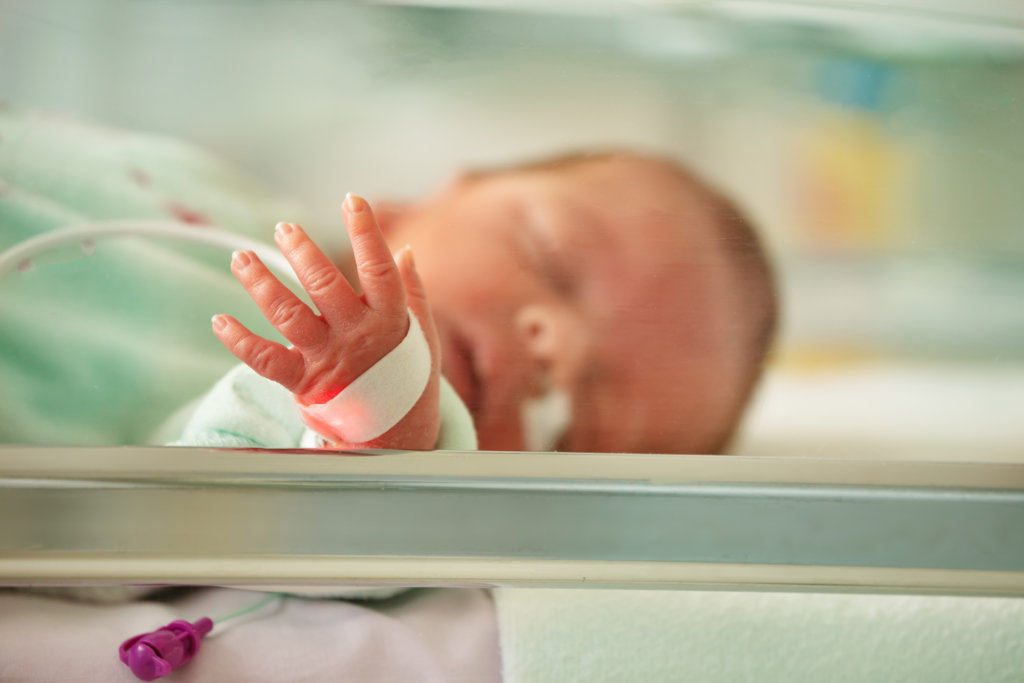
Direct care coordination services are supported at three Upper Peninsula tribal communities currently experiencing the highest rates of Perinatal OUD/NAS including:

When making decisions, our Anishinaabeg ancestors thought about the impact their decision and planning would have seven generations ahead. It is a cultural practice that has helped preserved our language and traditional wisdom despite war and overwhelming historical challenges and barriers, some of which still affect us today and are largely the reason for the work we do in partnership with tribal communities.
Remembering that Childhood is Sacred keeps children at the heart of our communities and ensures a bright healthy future, many generations ahead. The period of childhood (0-8 years) is a foundational period of tremendous growth and development. It is the stage of life for learning and setting healthy practices. In addition, our elders tell us that every child is born with a unique gift important to maintaining balance in the community and as adults we are all charged with ensuring that every child is supported and nurtured in a manner that ensures their wellbeing. We want to see that every child’s gifts blossom.
As fellow advocates, teachers, and Anishinaabe parents, we understand how important our children are to the health and wealth of our communities. ITCMI has partnered with the Michigan ACE Initiative to extend our work in addressing the mental health needs of children in our communities. Trauma is very real for our children and the more we do to understand how it affects our children, the more we help them heal and build their resilience. We are pleased to share some of our most materials for you to hang, talk about, and share with others in your community. This campaign in partnership with the MIACE Initiative (https://www.miace.org/) touches on research that points to the importance of making connections to reduce trauma and increase resilience. These materials include tips and techniques that have been developed with input from youth and their providers as well as ACEs research and culture. The goal behind this work is to build resilience in youth through increased awareness and education about the importance of healthy social connections, connections to nature, and cultural connections. To learn more about ACEs and these resources or to access digital copies for download or further sharing, please go to https://www.miace.org/up/ and www.itcmi.org/childhoodissacred. These sites can provide you with •a number of videos and 30 second PSAs you can share or play in your area.
•Posters (you can print and share for educational purposes only)
•Toolkit for lessons and activities that accompany the messages shared in the materials
•Links to other helpful resources and materials (see also: https://www.healthynativeyouth.org/resources/mind4health/)
Public Education Campaign Toolkit
This toolbox is designed to give parents, providers and caring adults working with youth 5-18 years old additional information surrounding the education campaign titled MAKING CONNECTIONS to Heal, Grow and Build Resilience.
We hope that the users of this toolkit will be become more trauma aware. It may not be easy and require years of support, but we truly believe that anyone can overcome the effects of Trauma or Adverse Childhood Experiences (ACEs). We acknowledge that that can be a long challenging journey. By teaching resilience skills to children, we can empower them to resist and heal from trauma; thus, preventing the long-term health issues associated with ACEs.
Author
Michelle Leask, MA/200RYT/SEL*F & ACEs Master Trainer
Citizen, Red Cliff Band of Lake Superior Chippewas
Contributors
Josie Babcock, MPH & ACEs Trainer
Citizen, Sault Ste Marie Tribe of Chippewa Indians
Further acknowledgement goes to PACE D2A, Michigan Public Health Institute, MIACE Initiative, Inter-Tribal Council of Michigan Project ILAUNCH, Healthy Native Youth, and GoZen for their continued work and dedication in the field of youth mental health and prevention.
Powered By EmbedPress
Making Connections Poster free for download and distribution.
Powered By EmbedPress
This billboard is on display during the summer of 2023 through Michigan’s Upper Peninsula.
Powered By EmbedPress
Children don’t need perfect parents. They need parents and grandparents to make time, listen, be curious and love them unconditionally. It’s our job to care for and spend time with our children so they realize their gifts and use them to help all our people. Childhood is sacred. Make time with your child sacred by being active, playful and true. This is how we heal the future.
Download these posters to help promote the Childhood is Sacred Campaign. Each poster features different ways to be active, playful and true with your child including cooking together, picking berries, playing ball games and getting regular exercise, making music, and more!
Powered By EmbedPress
Project I-LAUNCH partnered with OPEN MSU to create a Substance Use Pregnancy and Parenting resource guide that includes contact information and resources for tribal health and behavioral health clinics, tribal home visiting, syringe service programs, and recovery services.
Powered By EmbedPress
Children don’t need perfect parents. They need parents and grandparents to make time, listen, be curious and love them unconditionally. It’s our job to care for and spend time with our children so they realize their potential.
This Council aims to create space for dedicated parents, community staff, and family members to share their voice and vision for young child wellness. If you are passionate about the wellbeing of children and families, please join our Young Child Wellness Advisory Council Meetings (held quarterly) and/or contact one of the members below.
Michelle Leask (Schulte): mschulte@www.itcmi.org
Inter-Tribal Council of Michigan
Ashley Seppanen: ashley.seppanen@kbic-nsn.gov
Keweenaw Bay Indian Community
Julia Schroeder: julia.schroeder@hannahvilleschool.net
or Kendra Kleiman: kendra.kleiman@hannahvilleschool.net
Hannahville Indian Community
Lauren Ryskey: lryskey@lvdhealthcenter.com
Lac Vieux Desert Band of Lake Superior Chippewa Indians
Laura McKechnie: lmckechnie@saulttribe.net
Sault Ste. Marie Tribe of Chippewa Indians
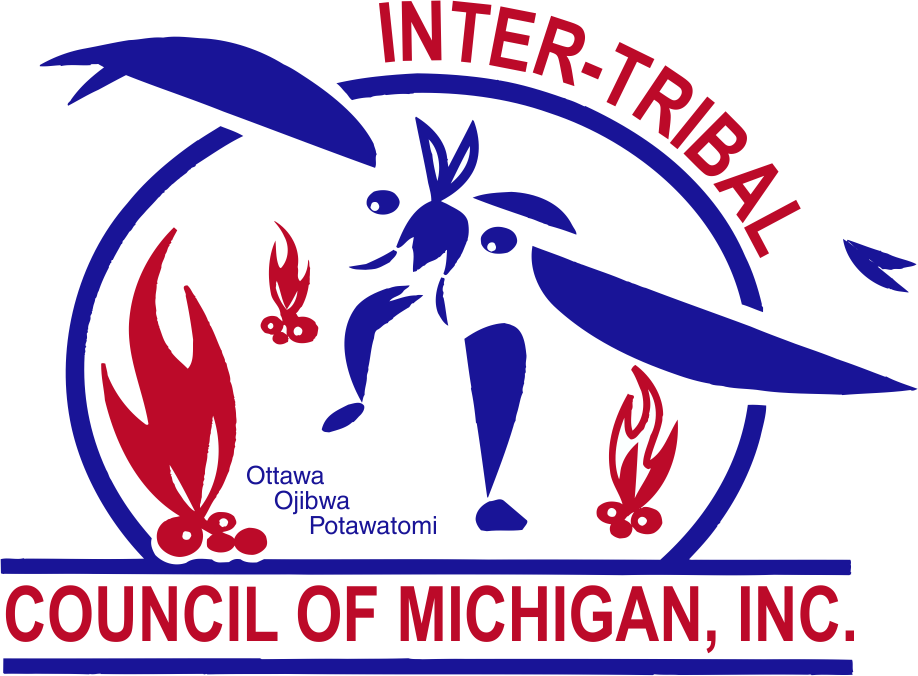
Since 2012, ITCMI has been working with Tribes and Tribal Citizens across Michigan to erase the silos across services and programs that serve children 0-8 and their families. From community discussions to strategy innovation and implementation, everyone involved has been working to elevate the role of our early childhood providers, support parents and be more effective and efficient with existing resources in each community.
The ITCM’s past REACH US project was a national, multilevel program that served as...
Read MorePublications Our Work Presentations Plain Language Training – Making a Proverb Come True...
Read More